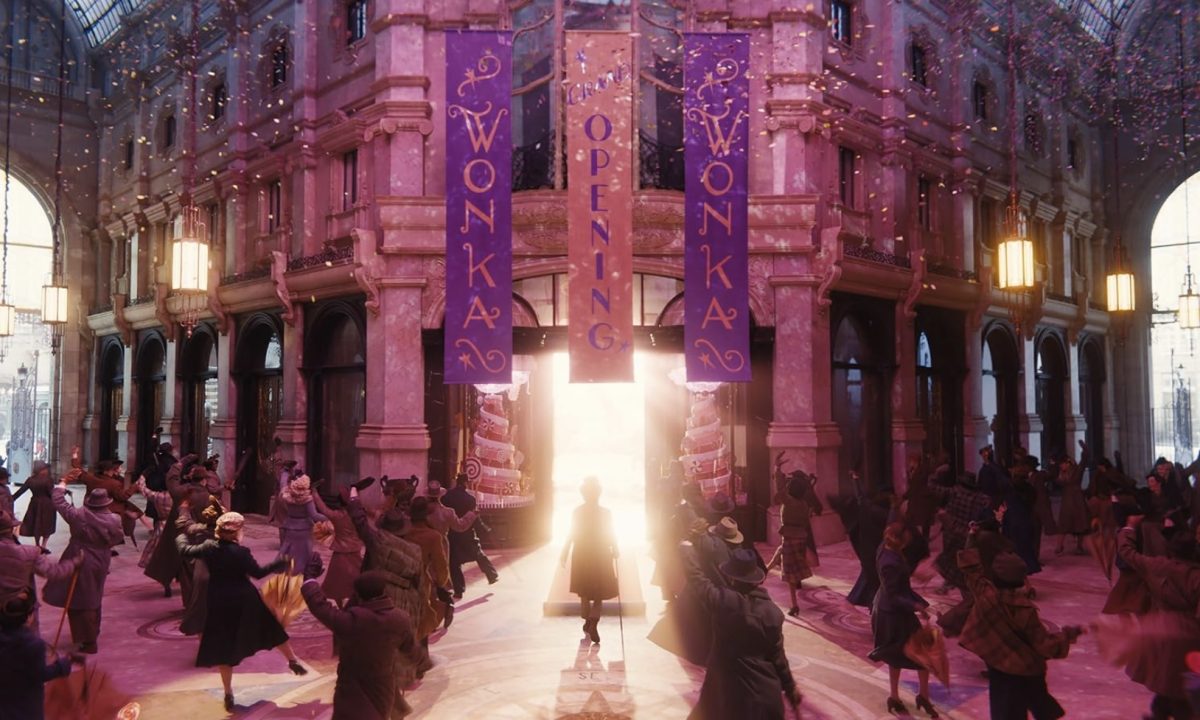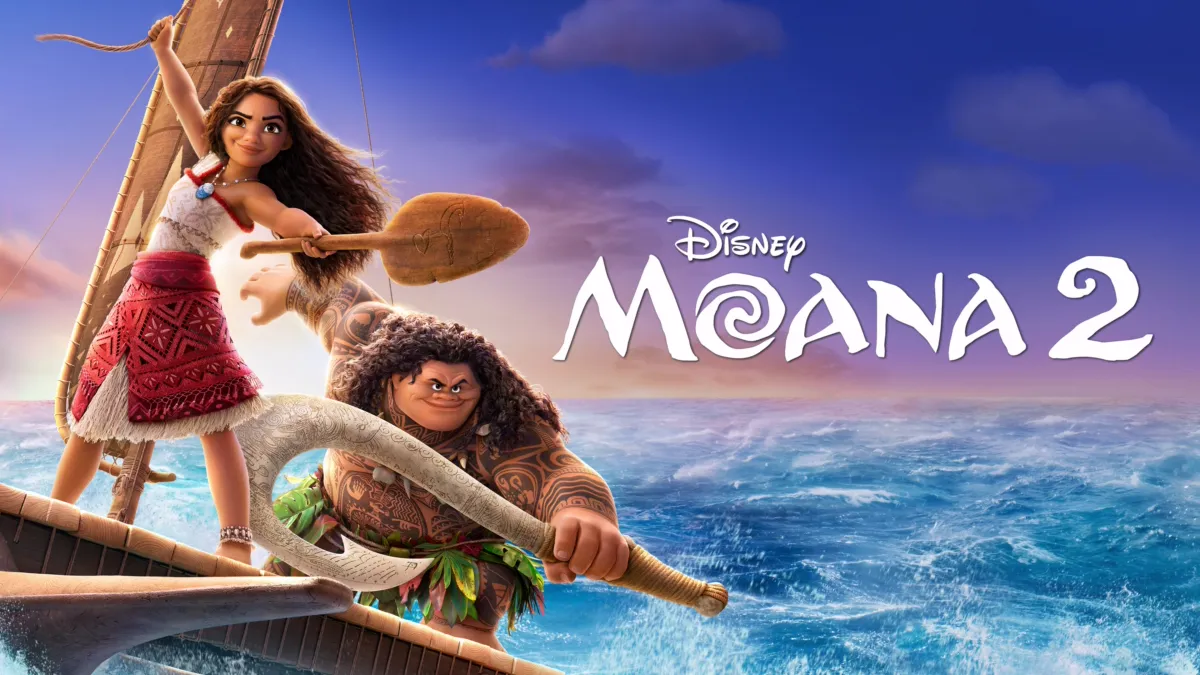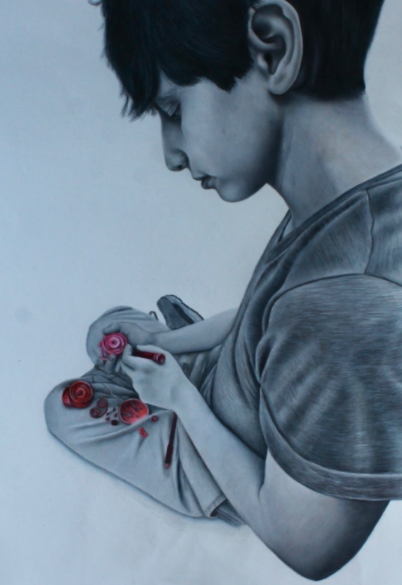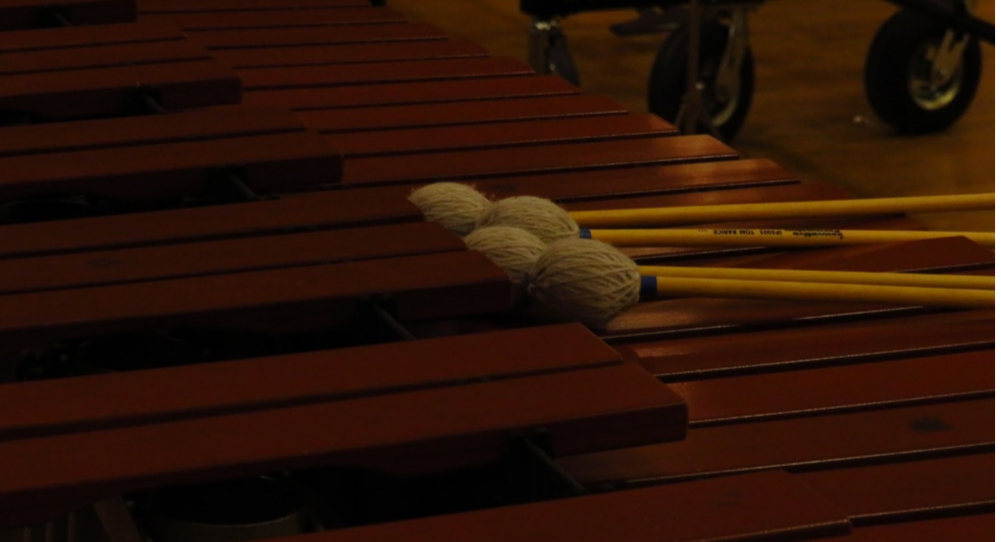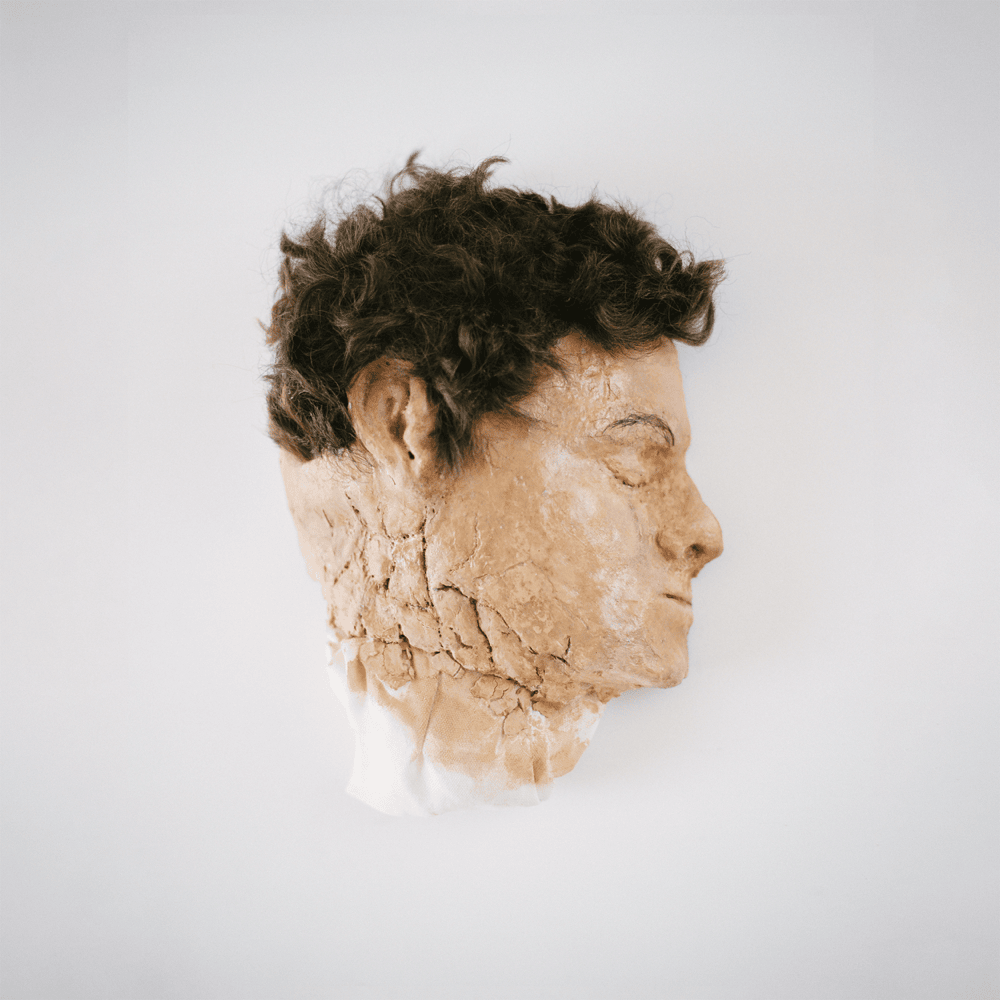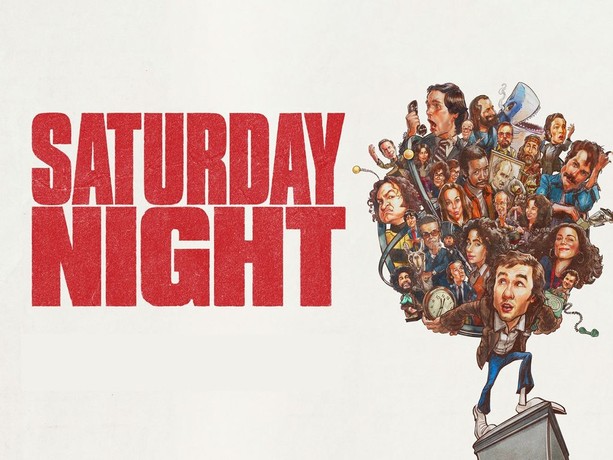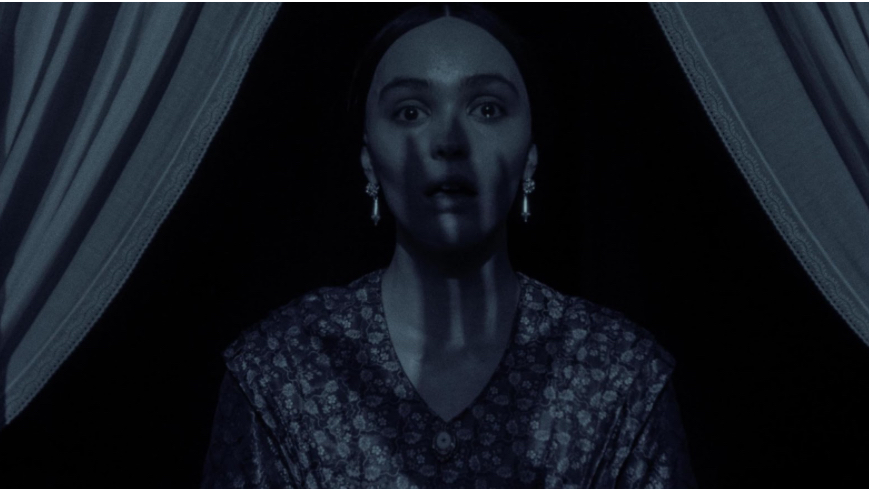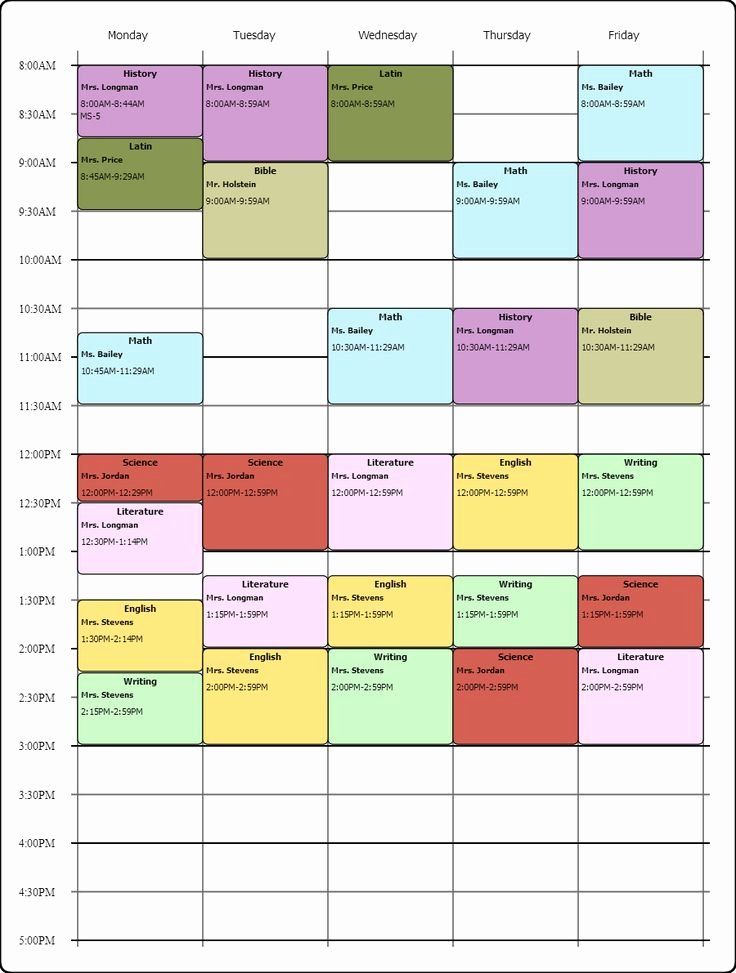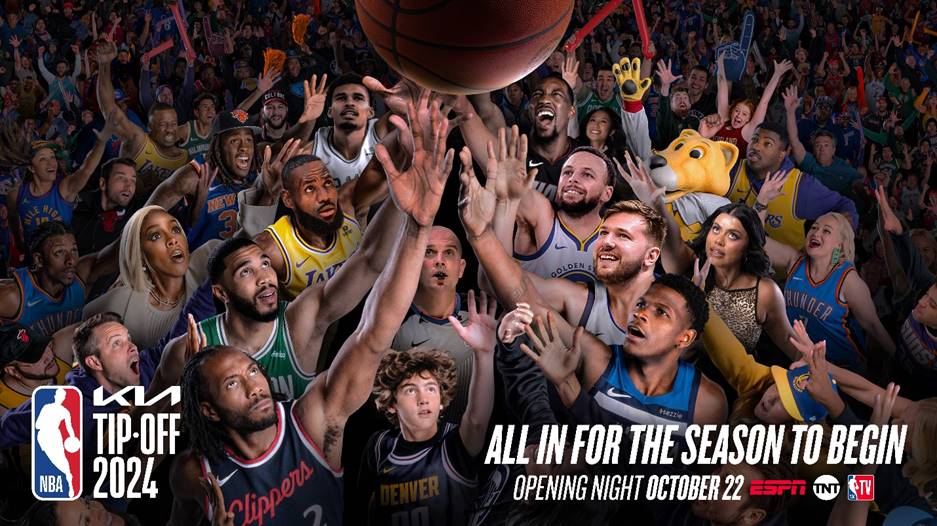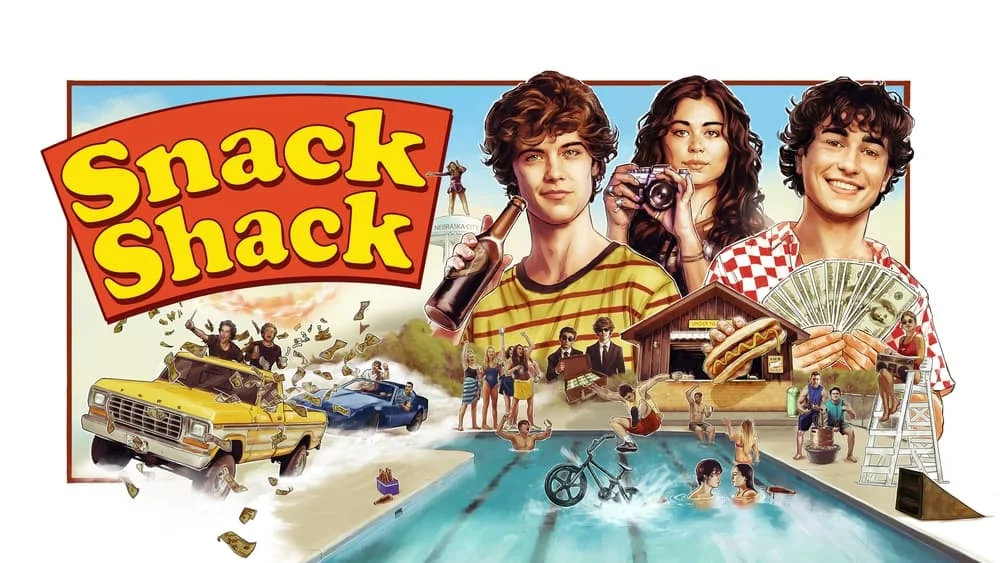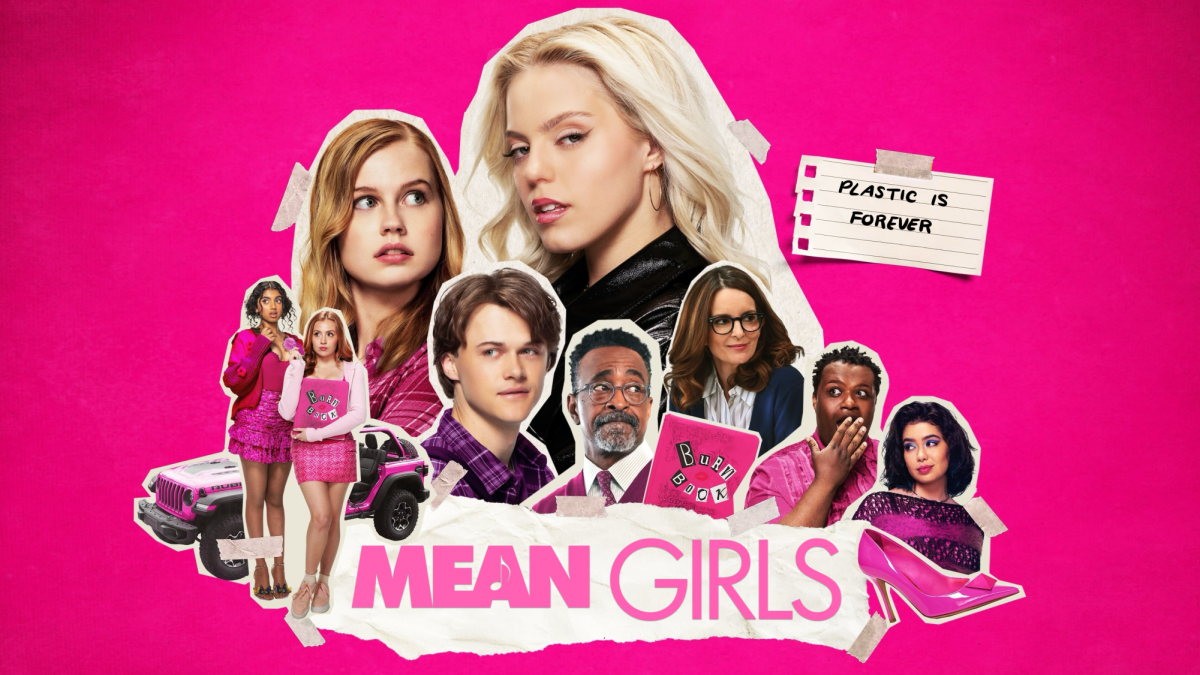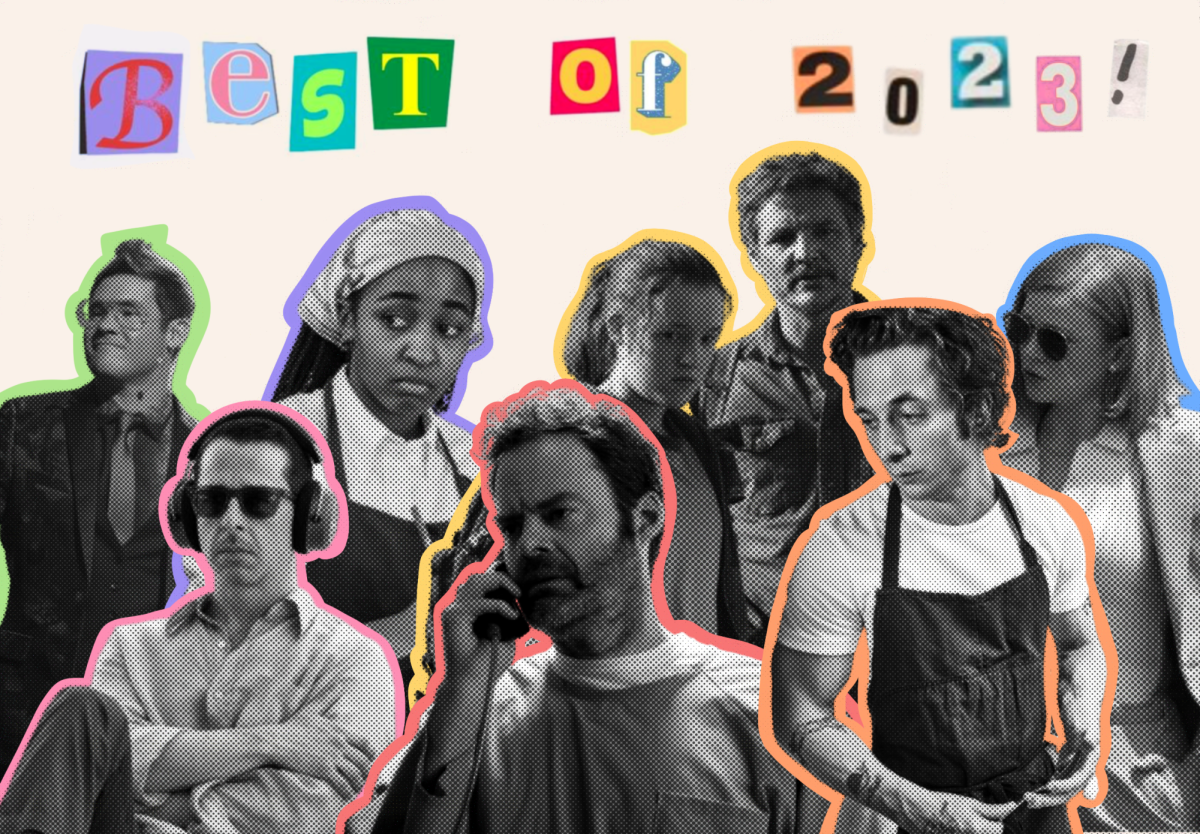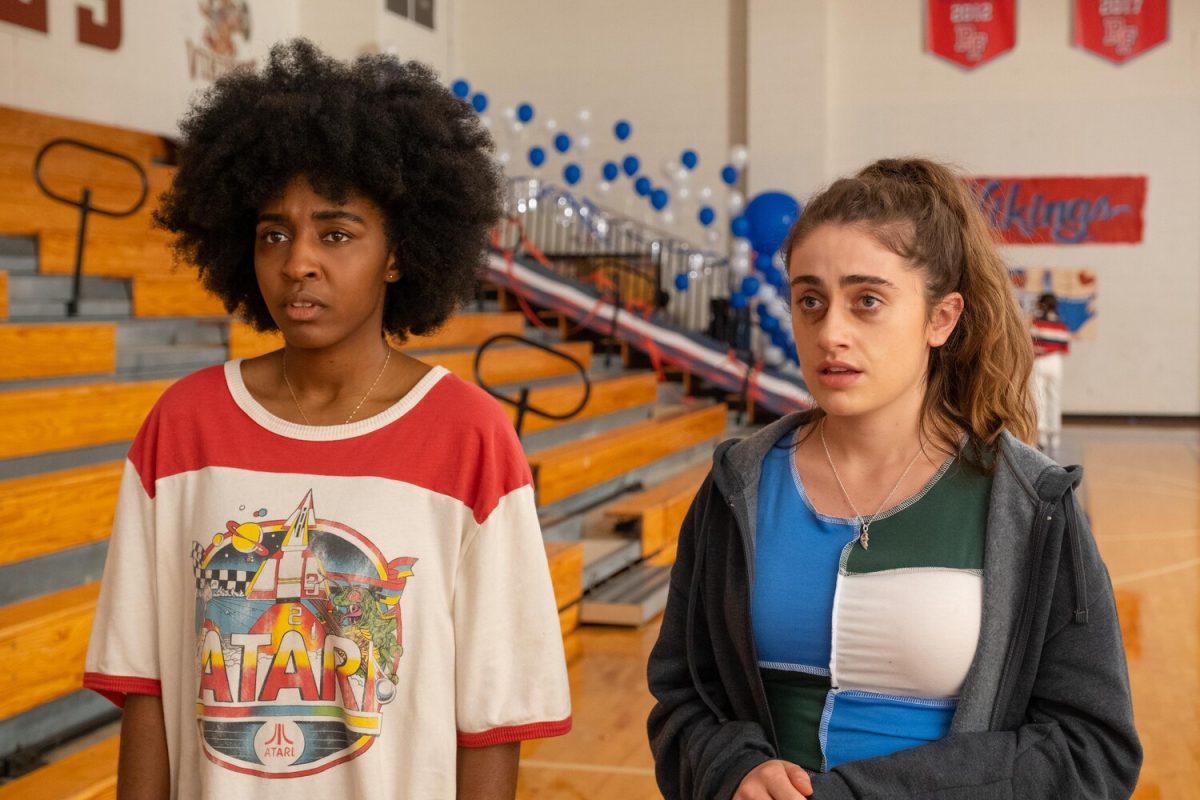The third iteration of Willy Wonka, this time played by Academy Award nominee Timothée Chalamet, is perhaps a little bland.
2023’s “Wonka”, directed by Paul King, follows the notorious chocolatier from his humble beginnings to his rise to becoming the star that many know him to be.
Throughout the latest version of the Wonka story, Chalamet keeps a smile plastered on his face nearly the entire movie and backs it up with an occasional song and dance, or perhaps even a silly line. The performance is overly sweet, but this isn’t any fault to Chalamet, however; he was previously doubted by many to be able to play a role as whimsical as Wonka. Chalamet’s performance is actually quite good- it’s the inherent cheesiness of the role that gives it the undertones of excessive positivity. But, that is to be expected when playing Wonka. After all, he is the candy man.
The film, while not advertised as such, is a musical. To say it was jarring when, not even a minute into the film, viewers are subjected to a song sung by Chalamet, is an understatement. Chalamet is not a singer, and perhaps he should keep it that way. His voice is not grating by any means, but it is not something that many would want to find themselves listening to for the 116 minute runtime.
“Wonka” would have worked perfectly fine without a majority of the music. Solely keeping “Pure Imagination” as an homage to the previous movies in the franchise would have worked quite well, but when Chalamet finally does sing it at the very end of the movie, it is underwhelming due to all the other prior performances.
While the music is far from a high point in the film, “Wonka” does have its treats. Many of the performances were quite good. Chalamet, while his character is definitely a little much, offers up a performance that blows Johnny Depp’s 2005 portrayal of Wonka out of the water. Calah Lane, who stars opposite Chalamet as Wonka’s assistant, is a shining beacon of a young star. Supporting roles like those of Keegan-Michael Key and Patterson Joseph also deliver.
One performance, however, particularly stood out, and not necessarily for a good reason. Hugh Grant, a Golden Globe and BAFTA winning actor, plays a CGI Oompa Loompa. In theory, this doesn’t sound awful. While Oompa Loompas are standard for this franchise, Grant’s version is particularly unsettling. Everything about it is off; the face of Grant superimposed onto the CGI body, the bright orange skin that burns the eyes and even the way that Grant delivers the lines is incredibly disconcerting. This choice was probably not the wisest for King to make, but it at least sticks in the viewers mind.
While some effects in this movie should have been left undone, there are many that make several shots of the film quite lovely to look at. “Wonka” is mostly visually wonderful; from the vibrant colors of the candies to the details of all the sets and costumes. There is one scene in particular where Chalamet and Lane float above the city sky that is especially satisfying.
The backstory given to Wonka in this film is much more heartwarming than the Depp retelling. Instead of the chocolatier being raised by an evil dentist, he is raised by a caring and kind mother who is his inspiration to become a chocolatier. Because of this, audiences want him to succeed, and to achieve his dreams for both himself and his mother. Giving Wonka a driving force like this makes it a much easier story for audiences to connect with, unlike Depp’s version.
“Wonka” leaves viewers with one final question: did we really need this? The answer is short and sweet: no. In fact, all versions except the original 1971 version have been unnecessary. 2005’s version was wildly unsettling and 2023’s was fun, but overall a film that left no lasting impression. It’s fine for what it is: a “Willy Wonka & the Chocolate Factory” prequel.
“Wonka” isn’t sour, nor is it sweet; it’s just alright.


